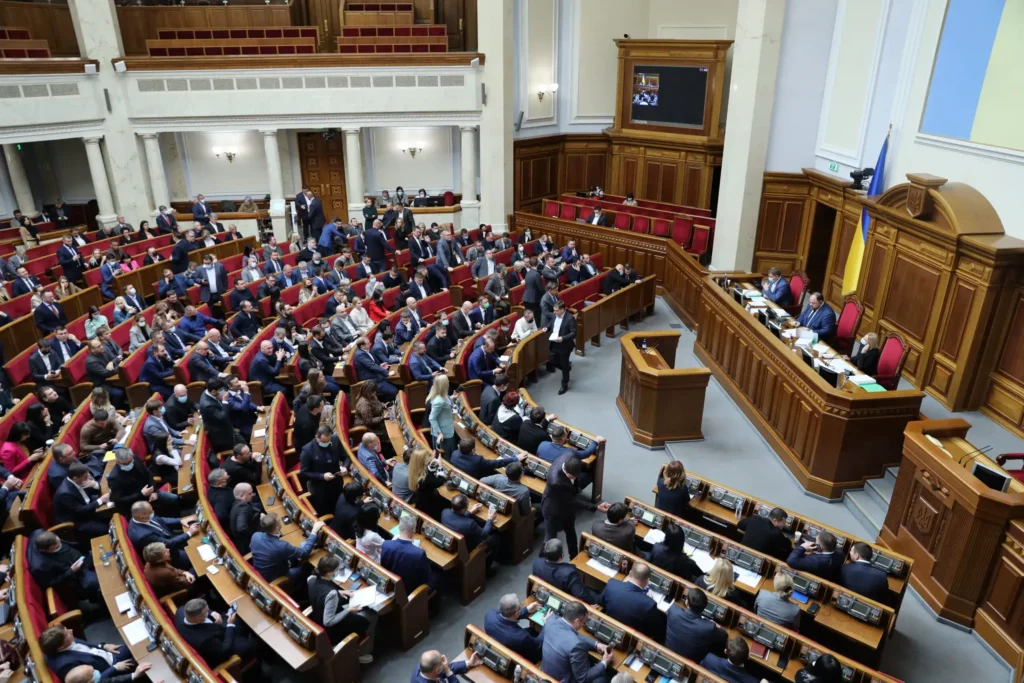“They were killed because they were Poles”: Duda makes another statement about Volyn tragedy
11 July 2025 13:09
Polish President Andrzej Duda wrote another statement about the Volyn tragedy, in which he once again accused Ukrainian nationalists of genocide of Poles in Volyn during World War II. The statement was timed to coincide with the “National Day of Remembrance of Poles – Victims of Genocide Committed by the OUN and UPA in the Eastern Territories of the Second Polish Republic,” which Duda had introduced a week earlier.
“This is one of the most tragic experiences in our history. july 11, 1943 was the culmination of this brutal crime. At the hands of Ukrainian nationalists, our defenseless compatriots were killed – ordinary people, civilians, innocent victims, often murdered in churches where they attended Sunday mass. They were killed because they were Polish,”
– duda wrote.
Thus, the Polish president once again hinted that Ukraine does not promote understanding between the peoples on this issue.
“We want and have the right to know where their remains are. We want to be able to say goodbye to our loved ones with dignity, pray at their graves and light candles. The right to honor the memory of the victims with dignity, and especially their collective commemoration, is an extremely important element of reconciliation and building a good future,”
– duda said.
The Polish head of state concluded with a note on truth:
“Truth and memory should not divide if they lead to mutual understanding, reconciliation and a shared concern for a secure future.”
Читайте нас у Telegram: головні новини коротко
The Volyn tragedy
The Volyn tragedy is a complex and tragic episode of the Ukrainian-Polish conflict that occurred in 1943-1944 in Volyn during World War II. It concerns the murders of Polish civilians in the Volyn region, which were committed mainly by units of the Ukrainian Insurgent Army (UPA) and local peasants.
At the same time, there were also brutal Polish actions against Ukrainians by the Home Army and Polish self-defense units.
The Volyn tragedy remains a sensitive topic in Polish-Ukrainian relations. Historians from both countries are trying to establish a dialogue, and there are joint commissions. Against the backdrop of Poland’s current support for Ukraine during the war, the topic is less politicized, but remains in the historical memory of both peoples.
Historical imbalance: what tragedies Poland does not talk about
The decision of the Polish authorities caused outrage in Ukrainian society. In particular, MP Sofia Fedyna emotionally and reasonably explained in her post why such a step by Poland is painful and politically one-sided.
Sofia Fedyna reminds:
- “In 1944, during the Warsaw Uprising, the Nazis killed about 50,000 Poles in the Wola district alone in a few days.
- In 1937-1938, during the so-called “Polish Operation” of the NKVD, more than 111 thousand Poles were killed.
“But there is no question about them all. But there is a question for Ukrainians who fought for their right to live under the Polish yoke of pacification and dared to dream of their statehood,” Fedyna notes.
Fedyna aptly notes that the wording of the law sounds as if it was taken from the reports of Soviet security officers. Calling the date “the day of the victims of Ukrainian nationalists” is a retranslation of Soviet clichés that were used for decades to destroy any Ukrainian resistance movement.
“This is in the best spirit of the Moscow NKVD. Putin is applauding,” Fedyna added.

It should be noted that recently, President of Ukraine Volodymyr Zelenskyy awarded Polish President Andrzej Duda with the Order of Freedom.
According to the decree, Andrzej Duda received the award for his outstanding personal merits in strengthening Ukrainian-Polish relations, support for state sovereignty and territorial integrity of Ukraine.
The Order of Freedom is the highest state award of Ukraine, which can be conferred on both citizens of the country and foreigners or stateless persons. The award is presented for exceptional services in asserting Ukraine’s sovereignty and independence, developing democracy, and protecting constitutional rights and freedoms.
Читайте нас у Telegram: головні новини коротко









